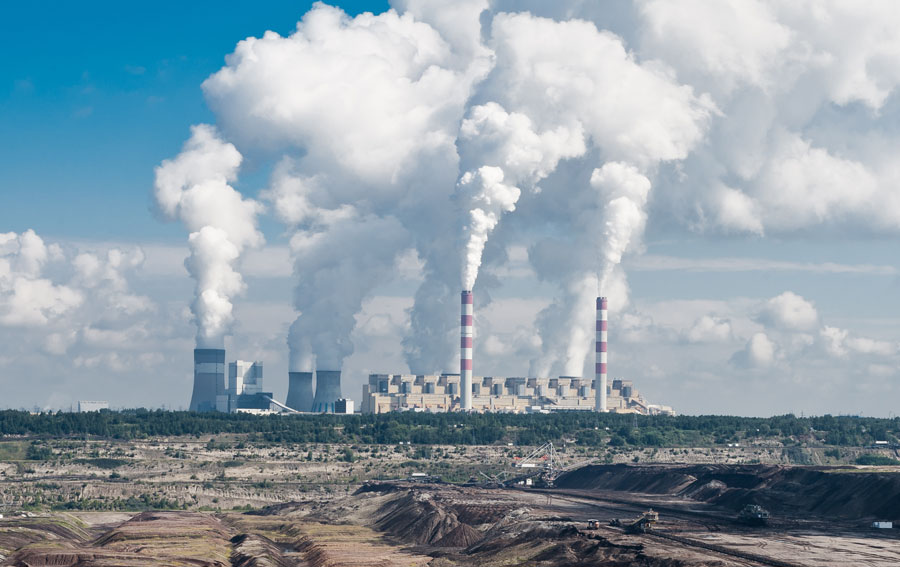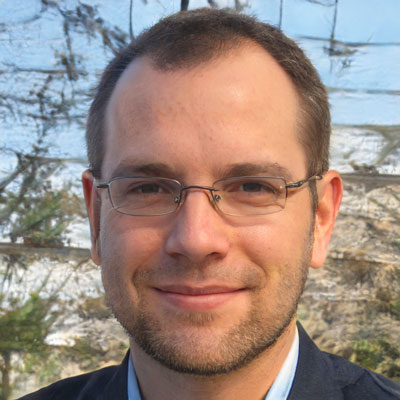BREAKING: In Landmark Decision, EU’s Biggest Coal Plant Must Negotiate Closure With Environmental Lawyers, Judge Rules
 https://preciousmomentschapel.org/) ” class=”wp-image-24506″ data-srcset=”https://publishedreporter.com/wp-content/uploads/2020/09/coal-plant_1551527720.jpg 900w, https://publishedreporter.com/wp-content/uploads/2020/09/coal-plant_1551527720-768×484.jpg 768w” sizes=”(max-width: 900px) 100vw, 900px” />
https://preciousmomentschapel.org/) ” class=”wp-image-24506″ data-srcset=”https://publishedreporter.com/wp-content/uploads/2020/09/coal-plant_1551527720.jpg 900w, https://publishedreporter.com/wp-content/uploads/2020/09/coal-plant_1551527720-768×484.jpg 768w” sizes=”(max-width: 900px) 100vw, 900px” />NEW YORK, NY – Today in a landmark decision, a District Court judge in Poland has demanded the operators of mammoth coal plant Bełchatów negotiate with environmental lawyers ClientEarth to accelerate the plant’s closure and find a solution within three months. The decision came at a court hearing in the District Court of ŁódĽ.
ClientEarth’s case argued that under Polish civil law, the climate and environment are a common good that legally must be protected. The lawyers demanded that Bełchatów close 11 of its 12 coal units by 2030 and the last by 2035. The judge confirmed for the first time in a Polish court that the climate crisis is real and must be acted on. (https://utopiamanagement.com/) This is a revelatory development for environmental actors. She told the two parties to find a settlement within three months.
The Bełchatów power plant burns a ton of coal every second and has approximately the same annual carbon emissions as New Zealand.
“This decision is a major breakthrough for the environmental movement. It puts environmental experts at the table with coal companies, to find a solution that genuinely works for the climate. This is a signal to the people of Poland that the health of the country and the planet is more important than coal.”
Marcin Stoczkiewicz, Head of ClientEarth’s Central and Eastern Europe Operation
ClientEarth’s case, against Bełchatów power plant and two of its mines, is based on the damage the operations do to the climate, as well as the desertification of the area resulting from Bełchatów’s use of water, and its pollution of the soil and air.
ClientEarth published a report last week that showed that Poland has already exceeded its share of the carbon emissions that would keep global warming to 1.5C, and is set to overshoot the limit for 2C By 2035, the report says, around 38% of the country’s carbon budget would be taken up by Bełchatów’s operations.
ClientEarth previously published a report with economics think tank WiseEuropa illustrating the extent of the subsidies poured into Bełchatów with no return other than the continued destruction of the climate – and no shift towards clean energy. The report showed that the money spent on Bełchatów was enough to finance two entire Baltic wind farms.
“It is absolutely crucial that the Polish government embraces the reality of today’s energy market and provides the people of this country a credible roadmap. We need to see money being spent wisely and as an investment in a healthy future – not dark clouds on the horizon. Miners have invested their lives powering Poland for decades – we now need to secure them and our communities a future beyond coal.”
Ilona Jędrasik, Energy lead for ClientEarth Poland
Belchatow is the EU’s biggest coal plant. It burned 32 million tons of lignite, the dirtiest form of coal, last year. ClientEarth initiated this legal action in September 2019. It is a completely innovative use of Poland’s civil code, which ClientEarth argued should allow NGOs to take legal cases on behalf of the environment – a common good.



Comments are closed.